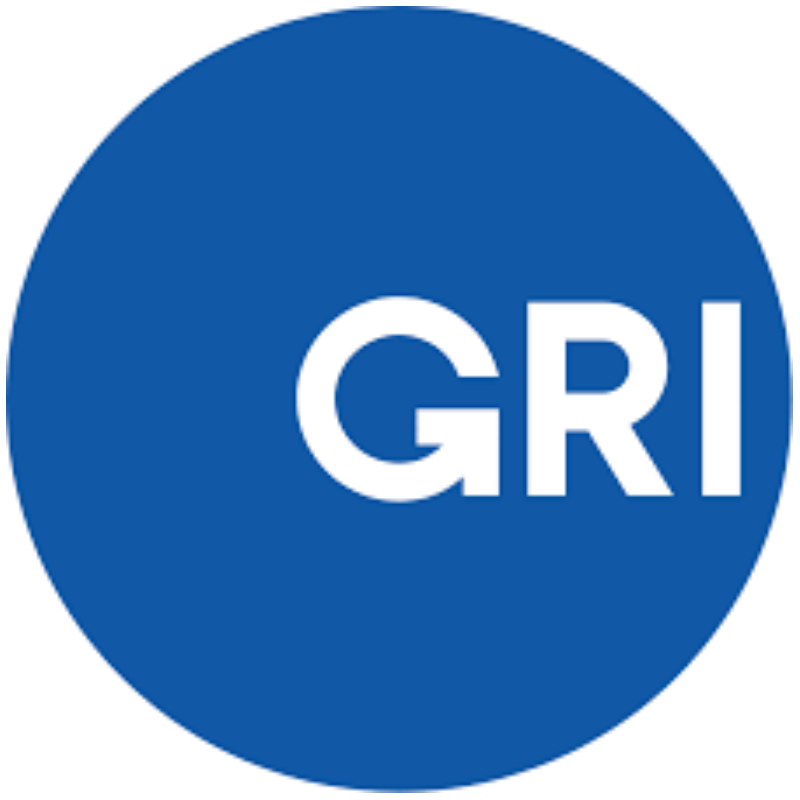Public consultation closes soon on revised standards for training and family-friendly workplace practices


Photo credit: GRI
There is still time to help shape updated GRI Standards that address work-life balance and career development – with a consultation open until 29 April on two draft standards as part of a wider review of all GRI labor-related disclosures.
Feedback is sought on the exposure drafts for:
- Revisions to GRI 404: Training and Education: now expanded to include disclosures on both formal and informal learning opportunities for workers.
- New GRI Standard for Working Parents and Caregivers: building on GRI 401: Employment, this proposed Standard addresses family leave policies, flexible working, and caregiver support.
This phase of our project to revise all GRI Labor Standards focuses on the approach of organizations to support work-life balance and career development. This acknowledges growing expectations that companies ensure fair treatment of workers, access to lifelong learning, and support employees with family and caregiving responsibilities. We encourage global and multistakeholder engagement through this public comment period, to inform final development of the two standards.
Harold Pauwels, Director of Standards, GRI
The importance of transparency on labor-related impacts in your organization
Technological advancements like automation, along with social and demographic changes and the shift towards a greener economy, are reshaping the world of work – highlighting the need for workers to continually build new skills.
When it comes to family-friendly policies, not only are these essential for workers’ mental health and wellbeing, but they also play a key role in advancing gender equality, thereby supporting the recruitment, retention and career progression of women in the workplace.
The review and development of these GRI labor-related standards is grounded in human rights-based approach and due diligence, and aims to align the disclosures with leading international frameworks, including those from the ILO, the UN, and the OECD.
Next steps
Stakeholders are encouraged to provide input on the clarity, completeness, feasibility and relevance of these two draft standards by submitting their feedback through this online form, by 29 April 2025.
Phase one of the GRI Labor Project saw a public consultation in 2024, which included three standards that address employment practices and conditions. Still to come this year is a third phase, on workers’ rights and protection.
In total, the project will deliver 11 new or revised Labor-related GRI Standards, with publication expected in 2026.
Published by
 GRI - Global Reporting Initiative
GRI - Global Reporting Initiative
 GRI - Global Reporting Initiative
GRI - Global Reporting Initiative

